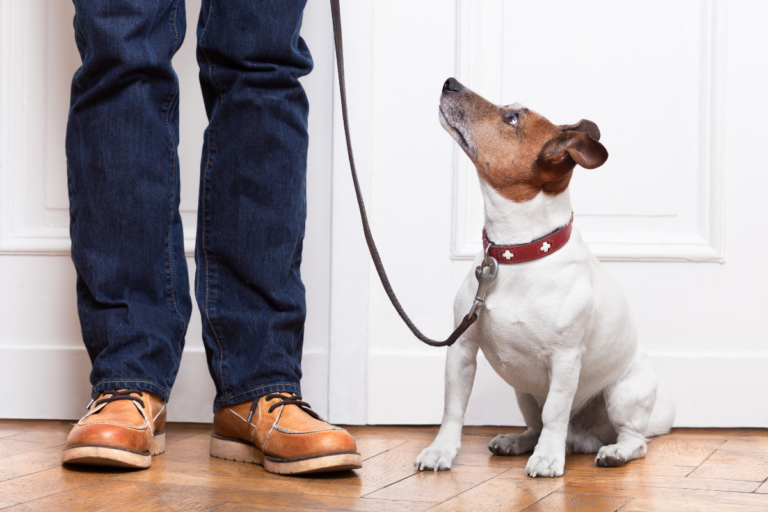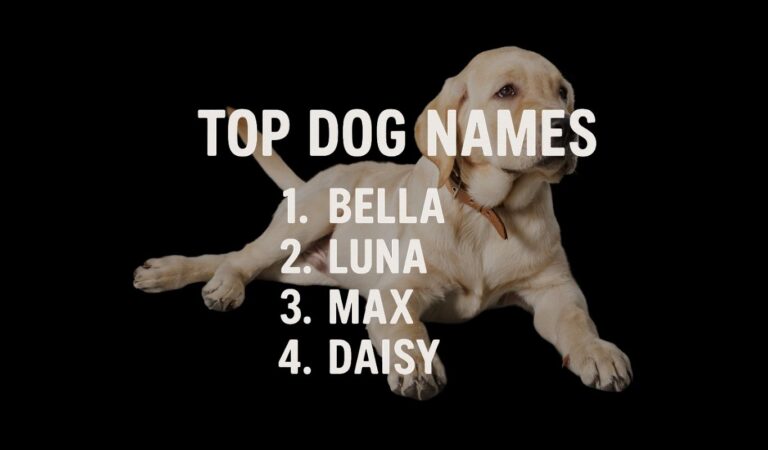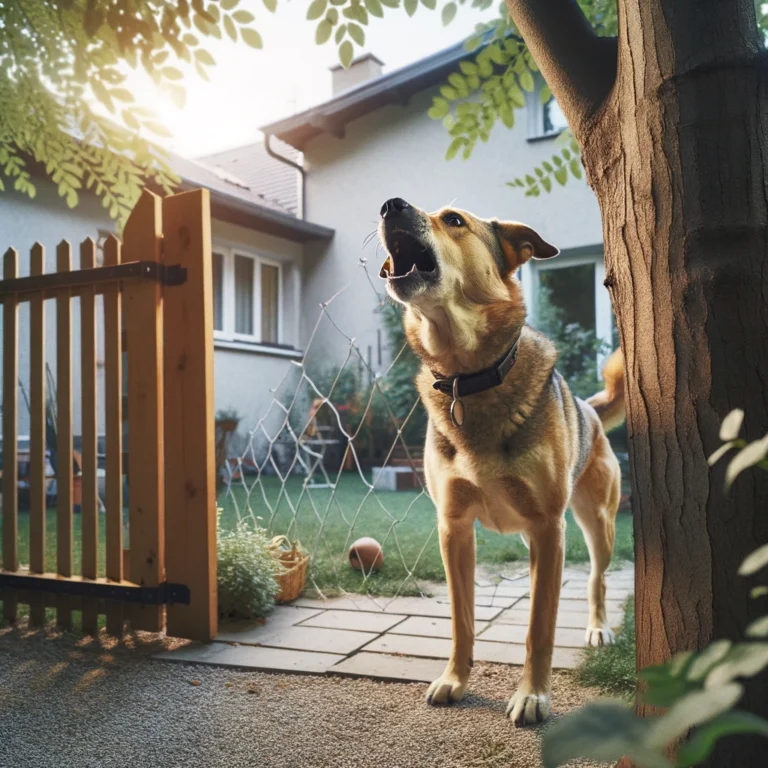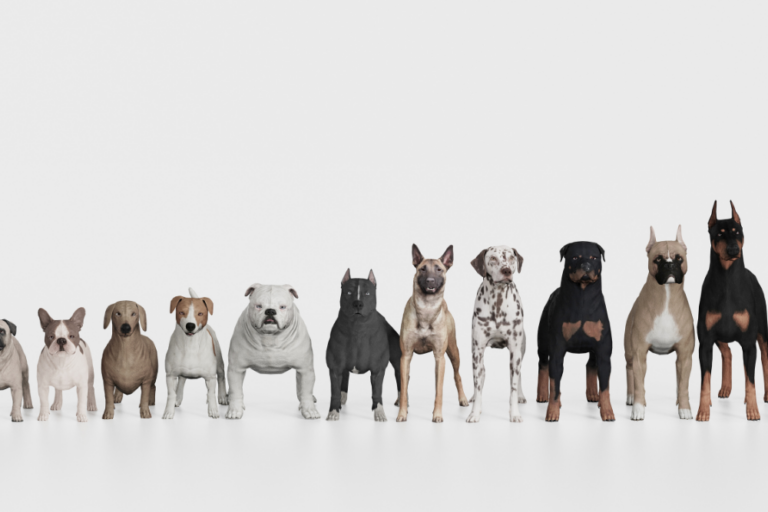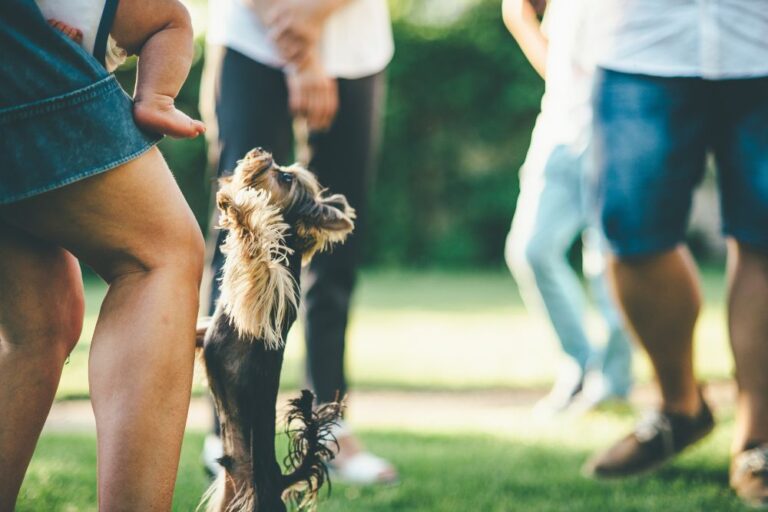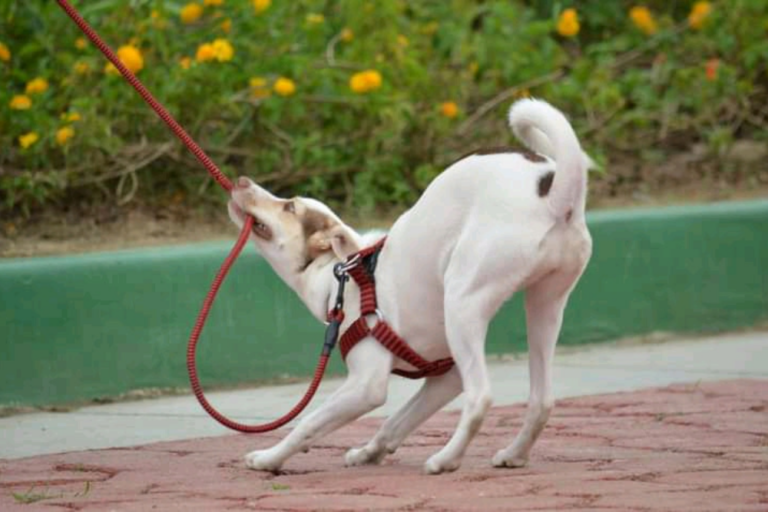Alpha Dog Behavior
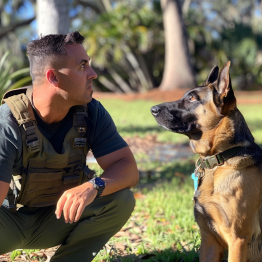
Learn to get the most out of Alpha Dog Training
You may have heard alpha dog training mentioned by dog trainers and wonder what it’s all about. Well now you can get the lowdown here!
Using Alpha Dog Training
This Alpha training method is often used with dogs that have become confused with their environment exhibiting nuisance behavior, aggression, dominance and more.
In short, this dog may have acquired an alpha dog mindset and has warped the social order and hierarchy within your home. Sound like something you’re dealing with? Alpha dog training can help!
It is widely agreed that a dog views its home and family as its pack. Often and with certain dogs, if they are treated equally to human family members, allowed human privileges such as up on your bed, or consistently allowed to disregard commands, the dog may view itself as alpha, pack leader. Both male and female dogs can take on the role of alpha if allowed to do so!
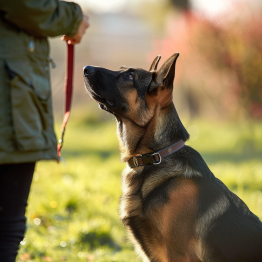
Dog Pack Mentality
In a dog’s mind, your family is a pack! Dogs by nature are pack oriented animals who live and thrive in a social pack hierarchy. While more apparent in wild dogs and wolves, it’s thought that domestic dogs maintain this mindset. Perhaps some day, this instinctive trait may be bred out of domesticated dogs.
Regardless, if your dog is not aware of its pack position within your home, certain problems can develop. Now there is nothing wrong with an alpha minded toy breed short of aggression. The tough little personality of a 5 pound mini alpha can actually be somewhat cute. Yet with a larger breed, this can be annoying, even dangerous. What is happening here is your dog sees itself on the level, or, above you within your home and family, its pack.
IMPORTANT CAVEAT: Before reading on alpha and training tips.. Note that in many cases beta dog behavior is often at fault for problems within your pack. Learn more about alpha dog behavior And, additional info on beta dog behavior is available via the link provided.
Alpha..
As applicable to canines and other pack animals, alpha is defined;
(adjective) Socially dominant especially in a group of animals (i.e., an alpha male)
In the wild pack animals such as wolves maintain a hierarchy with both a male and female exhibiting an alpha position. While male is typically top, the matriarch also exhibits authority and all others fall in place as subordinate pack members.
While our domesticated dogs may differ in personality and behavior, there exists in most every breed this instinctual need to be leader or follower.
Neutering and spay may lessen the drive to be aggressive for breeding rights yet most domestic dogs by instinct will “test the waters” so to speak and find their position amongst your family, their pack. Multiple dog families may notice competition for food, the best resting spot on the sofa, best toy or bone, this is common.
Natural patterns and instinct in our dogs actually works in our favor! As owners we can key in on this instinct and achieve a level of “alpha” amongst our dogs that when established, will curtail any unwanted behavior, in fighting amongst multiple dogs and a peaceful coexistence with our children. Why?, because we are viewed as dominant, confident, loving and nurturing leader.
The term alpha should not be viewed as negative. As alpha we not only delegate authority, we lead by example, command and body language showing confidence, providing food, love, affection and punishment when necessary . To categorize the term alpha as negative is wrong, being alpha to our dogs is showing our dogs desired behavior. By nature a dog wants to please and by projecting expected behavior, our dogs have structure and a blueprint to follow which leads to a happier animal.
Alpha can be achieved in various ways using many training methods. Contrary to belief, correction reinforcement training is not the only way to establish yourself as pack leader. Many choose more positive methods such as clicker training, praise/reward, and other similar techniques.
While domestic dogs can differ by breed and personality, most all maintain this instinct and will both benefit and be happier knowing their position within your pack. Most any dog thrives when lead and is more confident and happy knowing its place within a pack.
With alpha dog training you can also re establish desired relationships between canine and humans if your dog has already assumed alpha role. We can recondition our dogs and re claim position as pack leader as well.

Alpha Dog Training Tips
Here are some techniques taught by professional trainers for alpha dog training. It’s important to note that nothing is done on our part before an action from our dog. This method teaches and conditions via action and response. Attitude is hugely important while alpha dog training. Remember, as alpha leader you should exude confidence, calmness and authority in your voice and body language. Maintain a clear, deep and assertive voice and stand tall, head up and shoulders back to portray yourself and alpha position.
Alpha Is First:
Leader of the pack is always first! You, as well as, your spouse, significant other, children and human family members come before your dog. You are first to eat, first through the door, first up/down the stairs, first on the sofa or bed, etc. Always put yourself and the humans in your pack first. Command a down sit if necessary.
Does your dog want something? Use action and response conditioning and make her do something for it. Dog wants out, command a sit/ stay before you open the door and release her. Is you dog hungry? Make her sit or lay down while you prepare dinner. Release her to eat after, and only after she has sat and waited calmly.
Alpha is In Charge:
Guests knocking at the door? Command a sit/ stay and then open the door. If she gets up, close the door and repeat. When you and family are eating do not let your dogs watch or beg. Condition them to go to their spot, a dog bed or crate. When an alpha dog feeds it is not disturbed by lower pack members. Both you and your family should eat without watchful anticipating eyes.
Alpha is King:
It is also widely agreed when dealing with an alpha dog not to allow it to sleep in your bed or up on your furniture. When alpha dog training it’s important to convey that the most comfortable spots, best resting places and other amenities are meant for humans only. Another good tactic is never lower yourself below the height of your dog. Bringing your self down to a dogs level by laying on the floor with him, playing on the floor with him or resting with him will make you an equal in the eyes of an alpha dog.
As pack leader you should have a clear unobstructed path to wherever you’re going. Subordinate pack members must get out of the way. Should your dog impede your path, stand in front of the television, door or refrigerator, make them move!
Remember, with alpha dog training we are conditioning YOU are in charge, YOU come first and your dog second. The simple routine of making your dog work for everything will condition that you are indeed in charge and leader of the pack. Trust me, a subordinate dog that knows it is lowest in the pack is perfectly fine. Dogs do not feel emotion like humans and you will NOT hurt their feelings. Pack position is very important to a dog, even at the bottom they’re are perfectly happy as long as they know their position. You can employ alpha dog training anytime and reap the benefits of a well behaved, level headed companion that knows exactly where they fit in:)
[the_ad id=”1850″]
Alpha Dog Training conclusion
Being alpha does not necessarily require punishment or cruel treatment of your dog. Once you achieve and are viewed as alpha, your dog will live happily knowing its position within your pack. Coercive training techniques are not needed for alpha dog training, it is more a process and can be achieved via action and response using the tips provided on this page. Dogs instinctively will thrive in a tightly bonded social pack and by knowing their position, even subordinate pack members will thrive. Not knowing pack position can lead to confusion and further, behavioral issues which in the end results in an unhappy animal.

